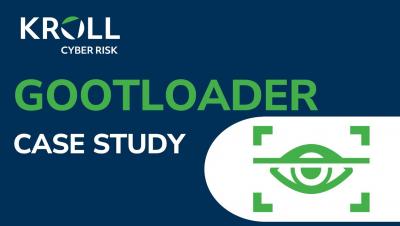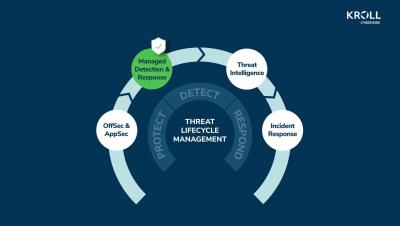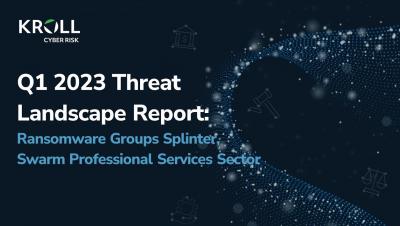MOVEit Vulnerability Investigations Uncover Additional Exfiltration Method
Kroll has identified two different file exfiltration methodologies leveraged by threat actors, primarily CLOP, during recent engagements involving the exploitation of the MOVEit vulnerability (CVE-2023-34362) throughout May and June 2023. In the vast majority of Kroll’s global MOVEit investigations, the primary data exfiltration method consisted of utilizing the dropped web shell to inject a session or create a malicious account (named Method 1 for this piece).






